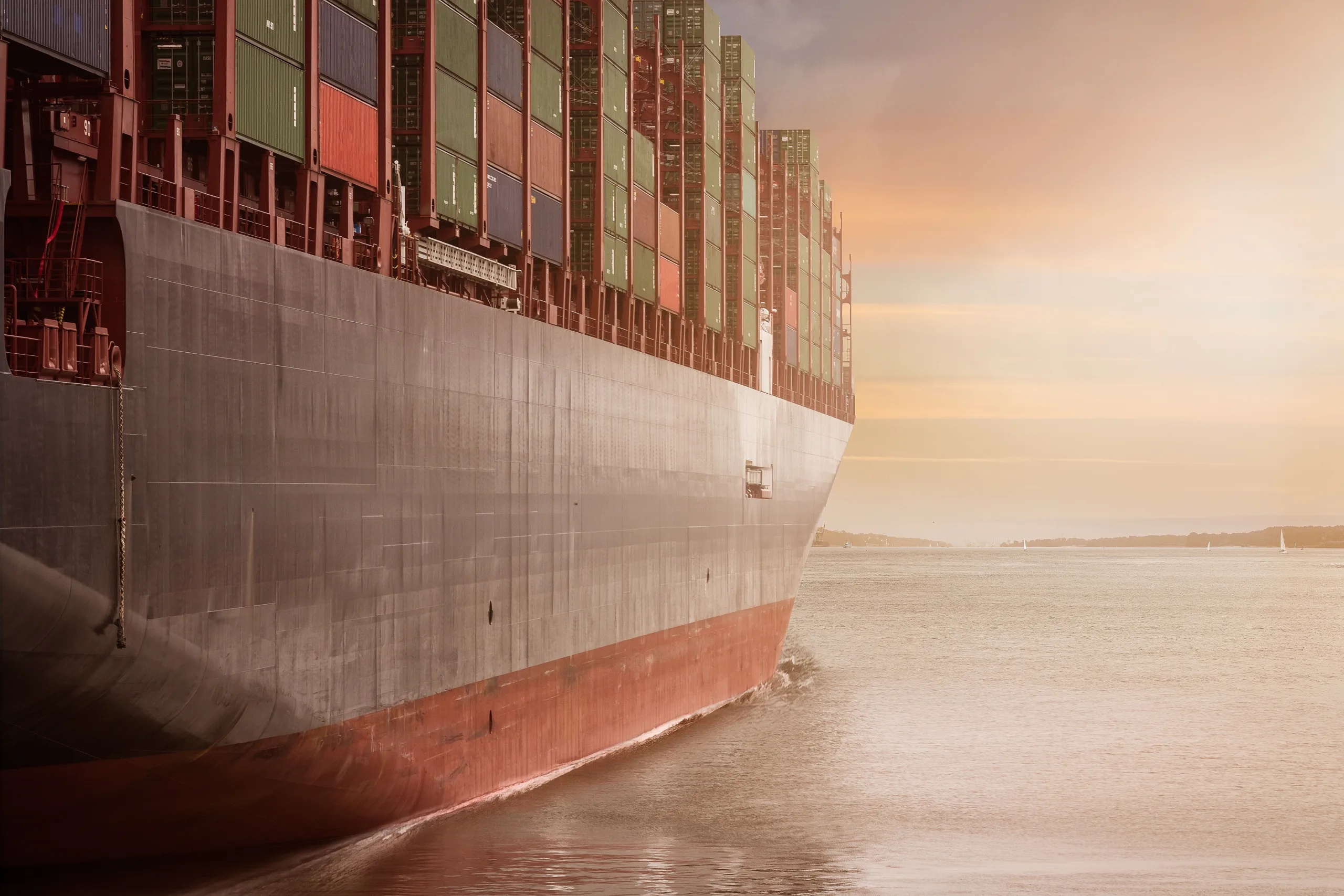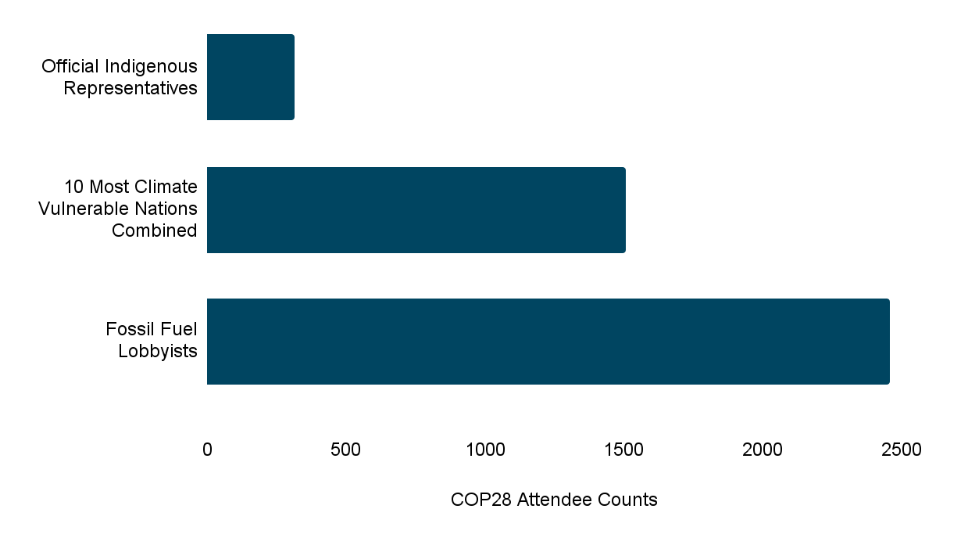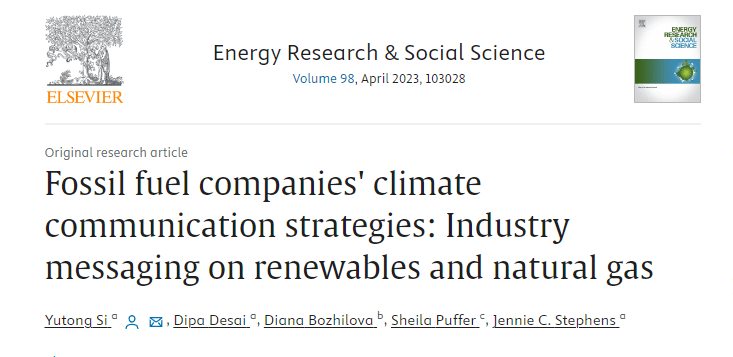COP28: Why gradualism is no longer an option in 2024
We must halt the expansion of existing Liquefied Natural Gas (LNG) projects in the maritime sector. It is essential to establish robust international regulations for methane emissions in the shipping industry if we hope to keep the 1.5°C target within reach.

Written by Elissama Menezes, Global Director of Say No to LNG
As we usher in the promise of a new year, the echoes of COP28 outcomes continue to resonate. Dr. Fadhel Kaboub uses Martin Luther King’s quote:
“There is no time to engage in the luxury of cooling off or take the tranquilizing drug of gradualism.”
I fully agree with Dr. Kaboub’s statement– a stark reminder that the clock is ticking. Reflecting on COP28, these words capture the widening gap between rhetoric and action on what is actually needed to keep 1.5°C within reach.
The Smoke and Mirrors at COP28
As I stood on the ground witnessing the events unfold, I observed an abundance of well-orchestrated discussions and precisely chosen words. And yet, tangible progress fell short of expectations.
Global leaders seemed to fully understand what was at stake with the climate crisis, especially the impacts of methane emissions, yet their actions and continued commitment to LNG facilities led one to question their sincerity.
From the half-baked commitments to end fossil fuels, big polluters not paying their fair share (I’m talking about you, the US), and the fossil fuel industry crew crashing the ‘party’ (see image below), this COP lacked the urgency to address the climate crisis. Instead, it left us – the 99% least responsible for the climate mess – with the burden to ‘clean it up’.
At COP28, the words “fossil fuels” were included for the first time in a United Nations climate change text. It calls on countries to transition away from fossil fuels in energy systems – including the shipping industry – to reach net zero emissions by 2050.
But does this create a problem for big polluters? No. They do not miss a trick. We can already see loopholes in the final text climate agreement. For example, there is no definition for the “transition away from fossil fuels”, and there are no specific timeframes to phase out fossil fuels.
Furthermore, the final text recognizes a role for “transitional fuels,” which is common industry jargon that encompasses LNG – a crucial aspect, particularly when considering the increased uptake of LNG as a marine fuel.
Looking Ahead to 2024
At the Say No to LNG campaign, we remain committed to increasing awareness about the detrimental impacts of LNG as a marine fuel. We have called out the fools, catfishing, and other horrors of LNG this year and have big plans for 2024.
To ensure a livable future, we must urgently tackle methane emissions now. Limiting warming to 1.5°C requires reducing methane emissions by a third by 2030 and halving them by 2050.
How do we get there?
To begin, we must immediately halt the expansion of existing Liquefied Natural Gas (LNG) projects in the maritime sector. It is essential to establish robust international regulations for methane emissions in the shipping industry if we hope to keep the 1.5°C target within reach.
The International Maritime Organization (IMO) is currently conducting a life cycle assessment (LCA) to determine greenhouse gas (GHG) emissions from fuel production to the end-use of that fuel by vessel. This process has the potential to hold the shipping sector accountable for its methane footprint and reveal that using LNG as a marine fuel offers no climate benefits from a life-cycle perspective.
We have significant challenges ahead of us. However, it is crucial to take immediate action and avoid gradualism. Delaying climate action is no longer an option. That is why we are saying no to LNG and invite you to consider doing the same.
Explore our website www.saynotoLNG.org to learn more.
***
Looking to get involved in the Say No to LNG campaign in a creative way? Apply for a micro-grant and join us!
Written by Elissama Menezes, Global Director of Say No to LNG



